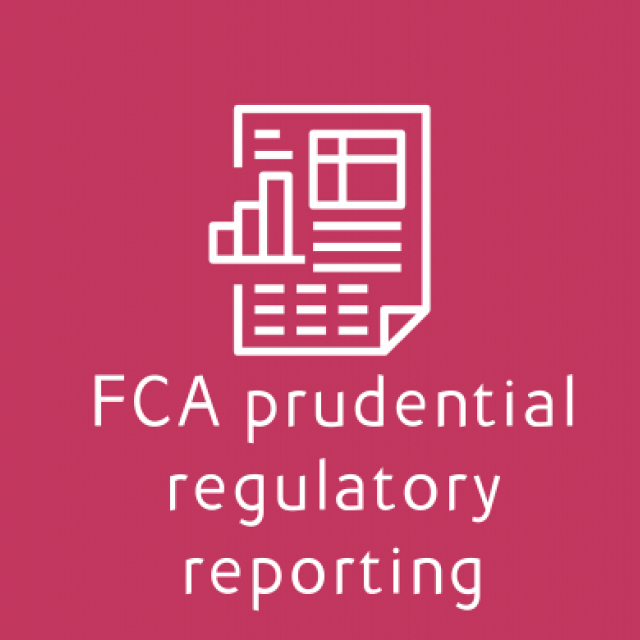



The following tables are extracted from the FCA’s report:
| FCA Sectors | Number of Skilled Persons Reports commissioned in Q4 2023/24 |
| Retail Banking and Payments | 5 |
| Retail Lending | 1 |
| Retail Investments | 10 |
| General Insurance and Protection | 0 |
| Pensions Savings and Retirement Income | 1 |
| Investment Management | 3 |
| Wholesale Financial Markets | 7 |
| Total | 27 |
Figure 1 - Extracted from Number of Skilled Persons Reports commissioned in Q4 2023/24 (January – March 2024)
| Lot of Skilled Person Report | FCA Categories | ||
| Dedicated Supervision Form | Portfolio Supervision Firm | Total | |
| Lot A - Client Assets and Safeguarding | 0 | 0 | 0 |
| Lot B - Governance and Individual Accountability | 0 | 6 | 6 |
| Lot C - Controls and Risk Management Frameworks | 1 | 11 | 12 |
| Lot D - Conduct of Business | 0 | 4 | 4 |
| Lot E - Financial Crime | 0 | 5 | 5 |
| Total | 1 | 26 | 27 |
Figure 2 - Extracted from Number of Skilled Persons Reports commissioned in Q4 2023/24 (January – March 2024)
This serves as a reminder to not take FCA’s supervisory powers lightly; much of the reviews triggered by the data are submitted by firms to the FCA through various channels.
‘Investment Management Sector’ supervision is mainly driven by the ‘Business Model’ approach taken by the FCA. Business models can create risks of harm to consumers or markets in several ways. A business model which is based on significant pressure for performance can create risks to consumers. For example, it may engage in higher risk lending or aggressive sales practices. This can lead to greater conduct risk or a high risk of disorderly failure, which may involve the loss of client money.
Business model analysis helps the FCA understand risks of harm and identify actions it needs to take to address them. Furthermore, the FCA communicates its expectations and priorities and describes examples of good and poor practice in these portfolios.
Four key concerns within the investment management sector from the FCA’s perspective are:
If the FCA was concerned about aspects of a regulated firm's activities, or needs further analysis, it can get a view from a third party (known as a 'skilled person'). This power is granted under the Financial Services and Markets Act (FSMA), as amended by the 2012 Act.
They can commission two types of skilled person review:
The skills and knowledge expected from skilled persons representing ‘Lot H’ are as follows:
"Advice, skills and technical expertise in evaluating whether solo-regulated firms are accurately assessing adequate financial resources to ensure they meet threshold conditions and on-going regulatory requirements.
This will require skills, experience and expertise across different prudential regimes, the FCA Handbook, International Accounting Standards, International Financial Reporting Standards and UK Generally Accepted Accounting Practice.
This should include but not be limited to knowledge of relevant regulatory requirements, standards, guidelines and industry best practice and experience and expertise in assessing:
- Non-trading book: operational risk, credit risk, counterparty credit risk, credit valuation adjustment, settlement risk and/or the modelling of these risks, as well as regulatory reporting,
- Trading book: market risk, settlement risk, large exposures and/or the modelling of these risks, as well as regulatory reporting,
- Any other risks that are inherent to the firm’s business model and that can lead to impair its ability to compensate for harm done.
Extracted from: Skilled Person Panel Lot Descriptions
Our regulatory reporting team has the expertise to independently assess your compliance with the above rules. Whether you’re already going through an FCA investigation or if you want to maintain best practices and be proactive, our team can assist you.
If you are also concerned about capital adequacy claims or acquiring a regulatory business, fill in the form below and we will be in touch.
 13 December 2023
13 December 2023
 FCA Regulated Businesses
2
FCA Regulated Businesses
2

 Priya Mehta
Priya Mehta
 4
4
 18 June 2024
18 June 2024
 Contact us
6
Contact us
6